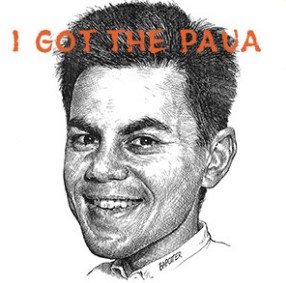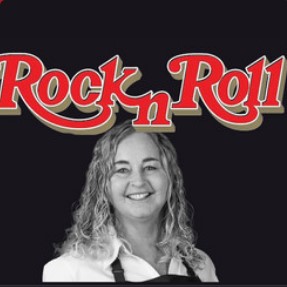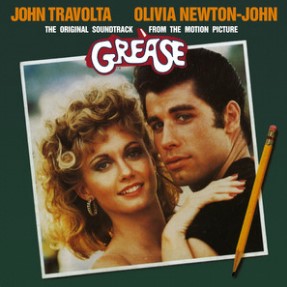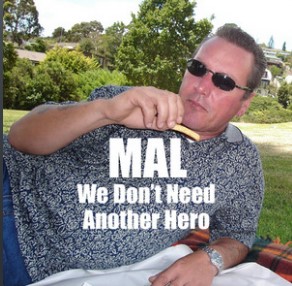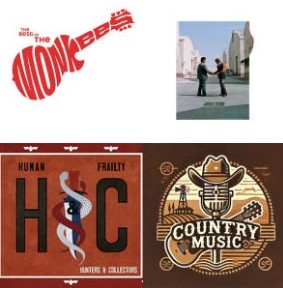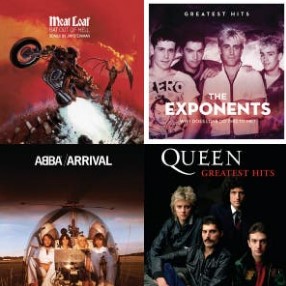WHERE WORDS FAIL, MUSIC SPEAKS
- admin1356
- Feb 7
- 2 min read
Updated: Feb 14
It's been said that music produces a kind of pleasure which human nature cannot do without. Music can also help people living with Dementia.

The idea of music helping in dementia care has been well researched, highlighting the positive effect of music on people living with the condition.
When people with dementia were observed under conditions with and without music, those listening to music were seen to be more positive and calmer, less uncomfortable and less agitated.
Among those to have seen the benefits for dementia patients is the drummer for The Phoenix Foundation, Chris O'Connor.
He told RNZ that his new career in music therapy has helped people with dementia to connect with emotions or trigger a memory. Click here to read the article.
"It's incredibly humbling to be able to facilitate a real sparking moment ... that's the thing with musical experiences, it's a secret in plain sight," he said.
It’s important to focus on the right music. With the advance of streaming systems, and millions of songs available at your fingertips, it is much easier for people to compile a personalised playlist.
And that is the advice for those with younger onset dementia. Get a playlist together early.
DON’T leave it until the condition progresses to the point that an individual can no longer create their own playlist or articulate what music they love to hear.
"Music is the language of the spirit. It opens the secret of life bringing peace, abolishing strife." - Kahlil Gibran
Here we share a few playlists from our Young Onset Dementia Collective Spotify channel.
We invite others with younger onset dementia to share their own playlists.
Flick us an email – contact@yod.co.nz
CLICK HERE to read more about our ambassadors.
CLICK on album covers below to listen to individual playlists.
YOUR DONATION will HELP US HELP OURSELVES.
Getting help needed is a living challenge for the group behind Young Onset Dementia Collective.
If we wait for Government, Ministry of Health or under-funded agencies, it will be too little too late for our people.
For many the situation is dire. Help is needed NOW so we made a collective conscious decision to do everything we can to help ourselves. Spouses, partners, carers of people living with younger onset dementia have real life reasons driving combined determination.
Help us keep minds engaged and spirits lifted for those affected. Plus support carers in their financial, mental and wellbeing journey.





